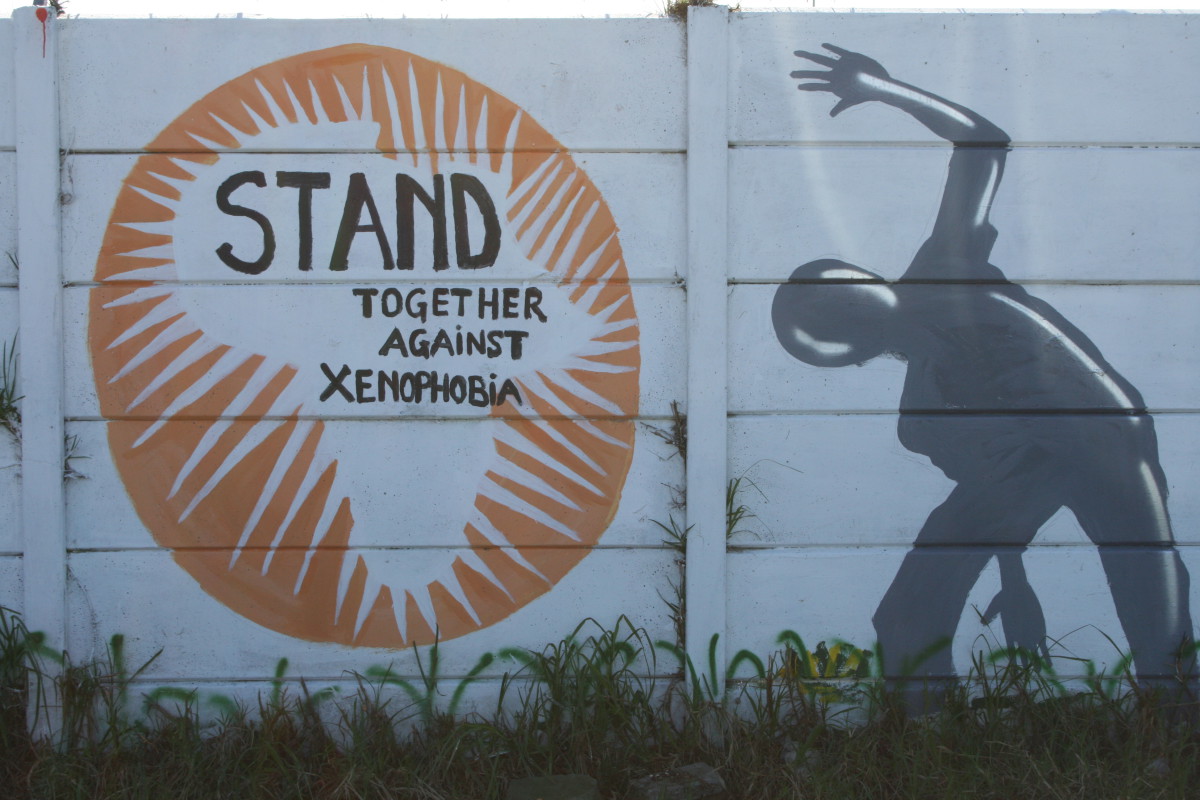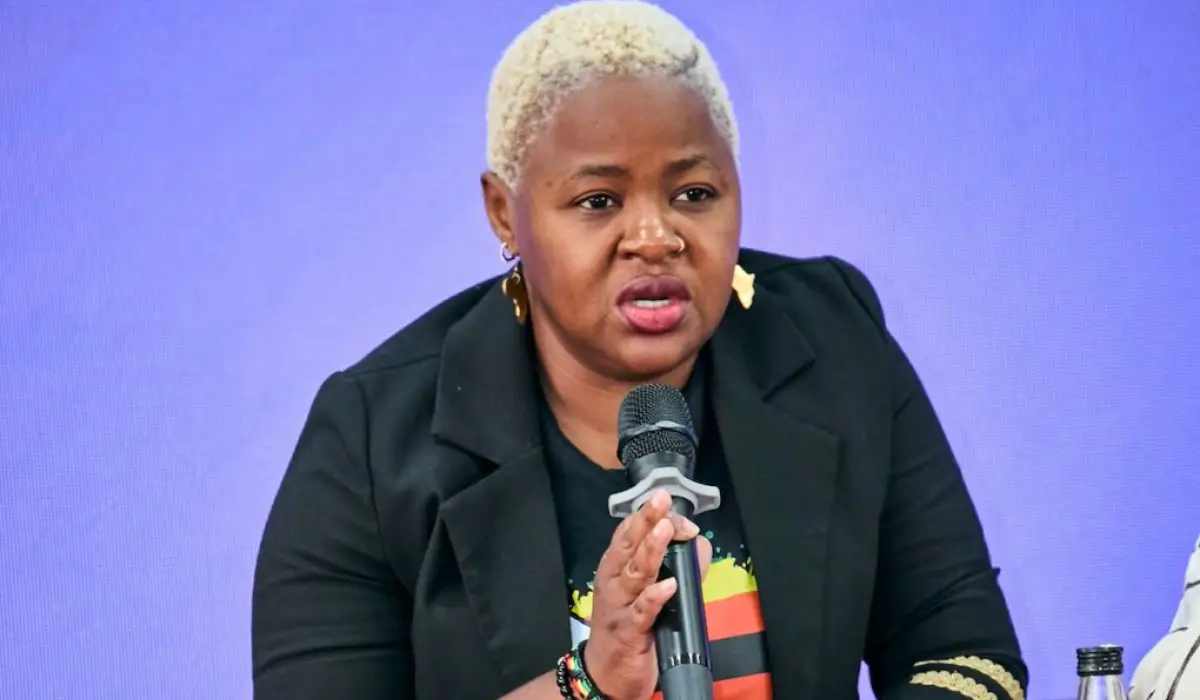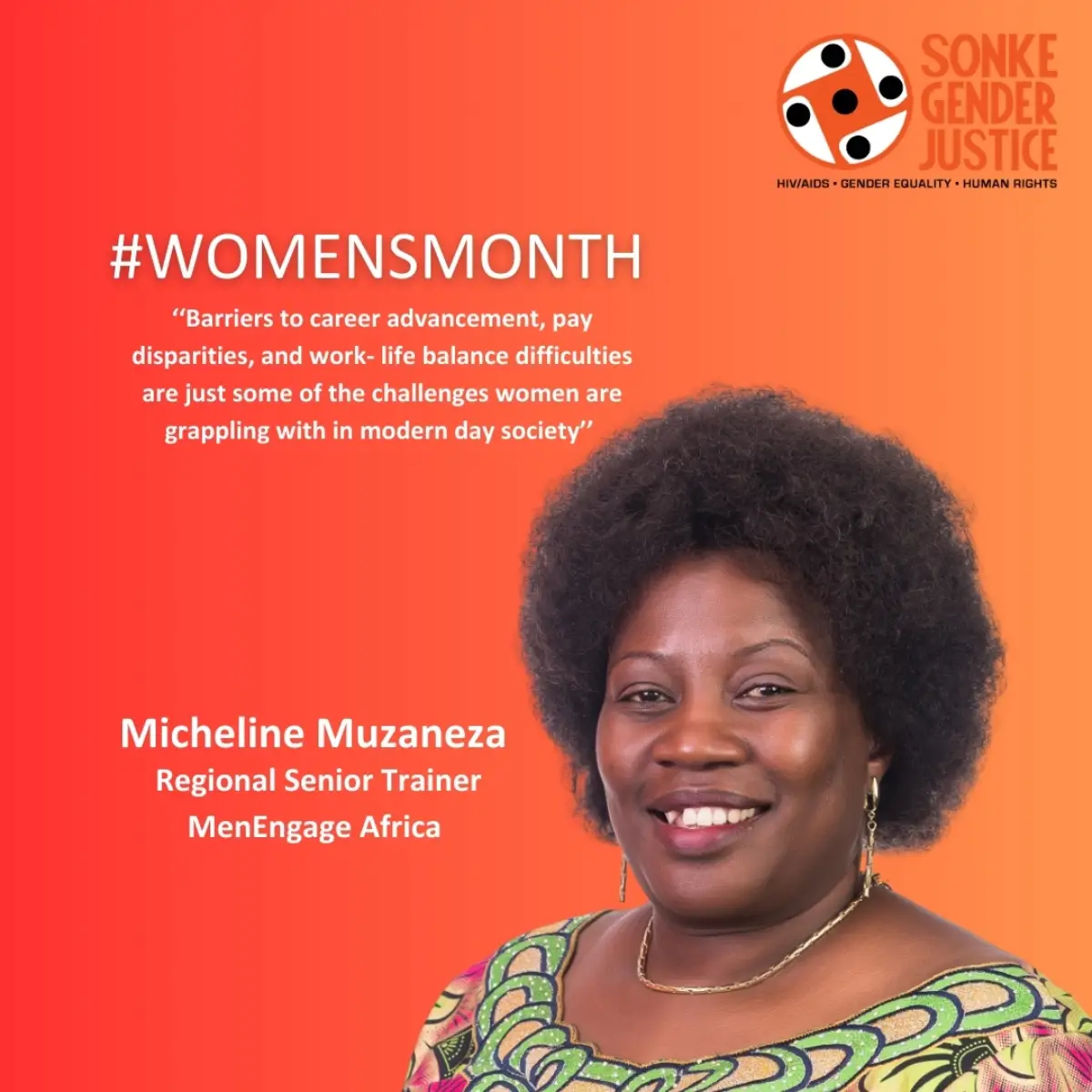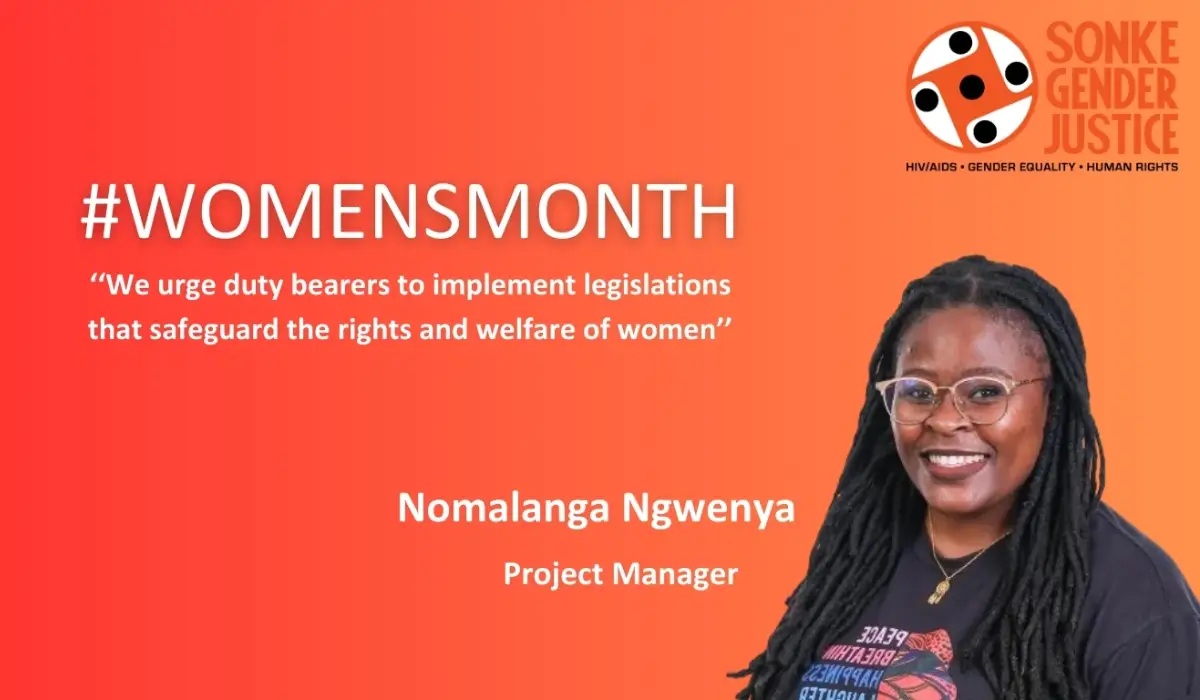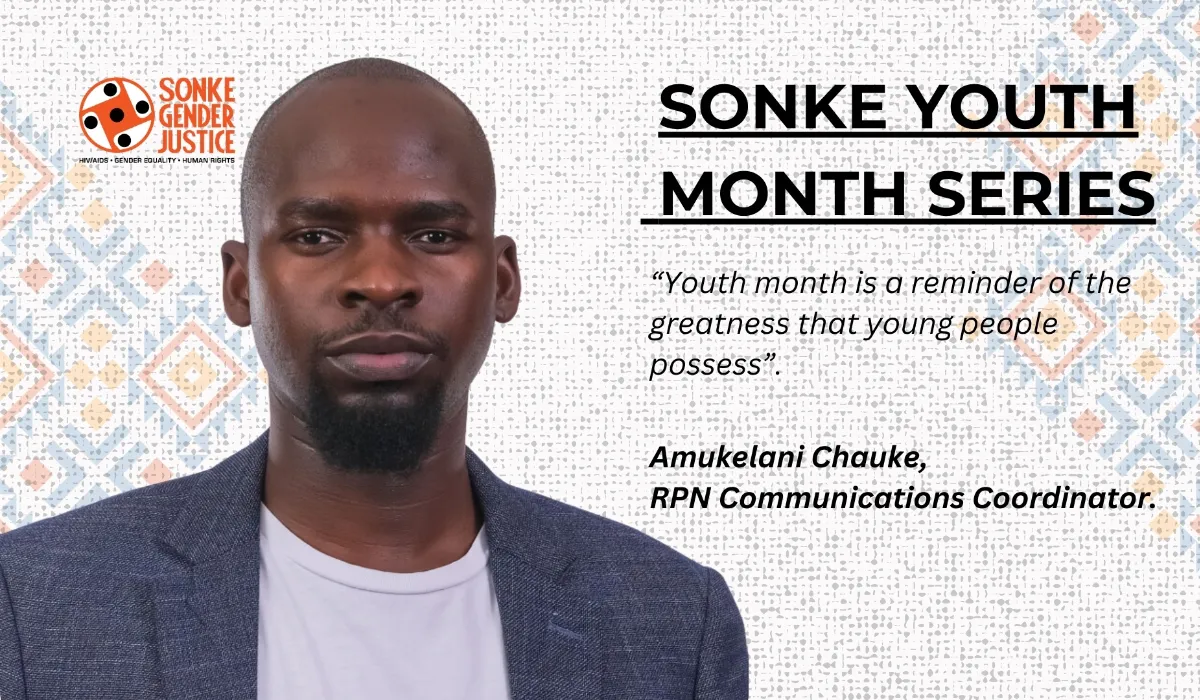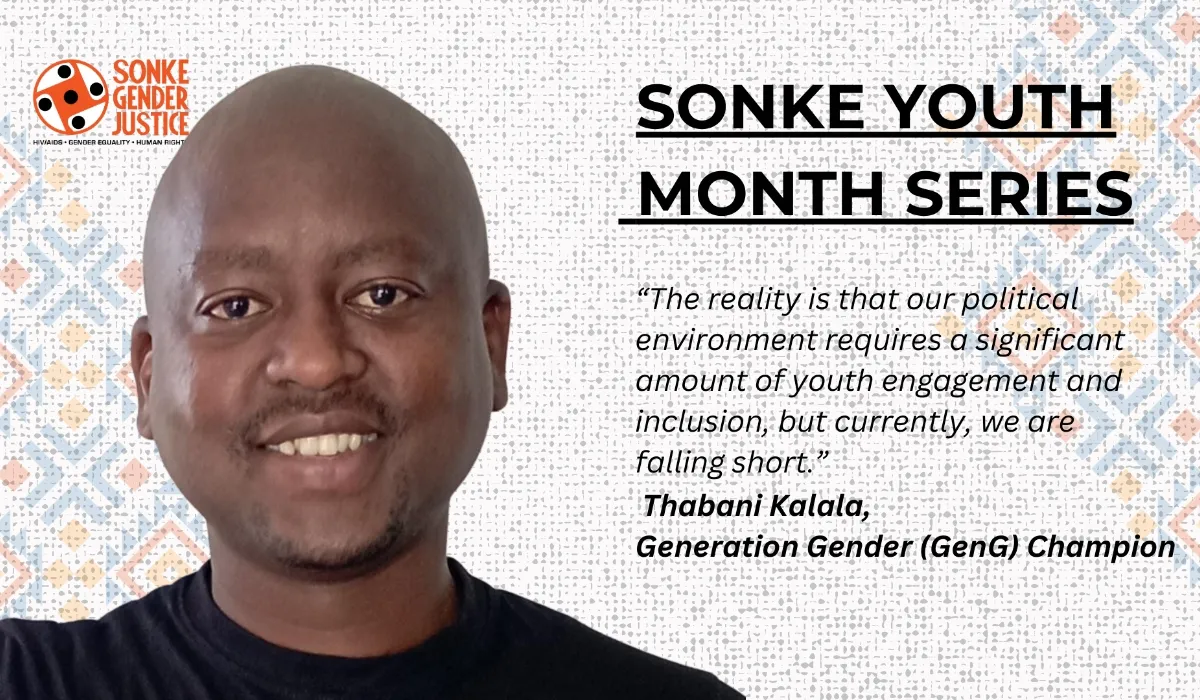How do anti-foreign sentiments affect female migrants’ and refugees’ perceptions of safety?
Initial findings of a study that set out to answer this question found that female migrants and refugees in Cape Town feel unsafe not only because of pervasive hostile sentiments towards migrants but also because of increased gang violence, drug-related crime and a fear of sexual violence.
The research project was a qualitative study in which individual interviews were conducted with eight female migrant, asylum seeker or refugee respondents.
Fear of violence, despite opportunity
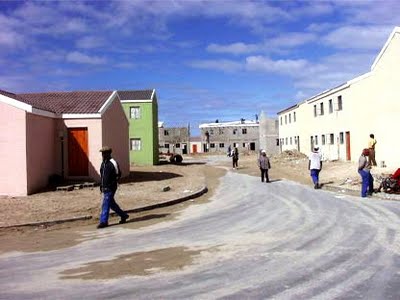 Most respondents expressed gratitude for the opportunities afforded them while living in South Africa, especially in regard to finding employment, having access to education and being able to ‘have food on the table’. However, the findings also illustrate how these women’s lives in South Africa consist of constant vigilance and concern over their physical security. This is particularly in comparison to their everyday lives back in the home countries of Zimbabwe, DRC, Burundi, Tanzania and Somalia.
Most respondents expressed gratitude for the opportunities afforded them while living in South Africa, especially in regard to finding employment, having access to education and being able to ‘have food on the table’. However, the findings also illustrate how these women’s lives in South Africa consist of constant vigilance and concern over their physical security. This is particularly in comparison to their everyday lives back in the home countries of Zimbabwe, DRC, Burundi, Tanzania and Somalia.
The findings note a tendency among the respondents to emphasize the nonviolent aspects of their native societies. Some respondents told how in South Africa one may lose one’s life over a mobile phone, whereas back in the home country, the levels of fatality were perceived to be lower in incidences of everyday street crime.
“South Africa is not generally safe at all. In my country you can walk at 1am. Really there’s nothing, people don’t get killed… 1am you can go home as long as there’s transport… it’s more of transport problem… But in South Africa you can get killed any day, any time… anything can happen in South Africa.” (Female respondent, Zimbabwe)
The vulnerability of migrants to fall victim to crime is increased by factors such as physical features – locals are often said to be able to differentiate between South Africans and foreigners, with the general exception of Zimbabweans – and the common conception of foreigners as ‘easy targets’ because they often lack effective support structures or may not able to communicate fluently in a local language when dealing with the authorities. Insufficient and insensitive responses by law enforcement officials and the impunity of perpetrators result in many incidents of crime not being reported and, if reported, not taken further.
“Sometimes when you stay in places, those people, those neighbours, they can tell that this is not South African even if you don’t talk to them or you don’t know them. As long as you are around there, they can tell because we have different features, so they can tell that this is not [a] South African. So sometimes when you walk, you don’t feel safe because you feel that ok, they can recognize you are not South African so you feel like you are an easy target.” (Female respondent, Tanzania)
Some are more marginalised
While anti-foreign sentiments were noted to be present in all neighbourhoods of the respondent group, the degree and severity of the sentiments varied between and within different areas. While the Somali community was generally considered to be the migrant group most affected by the anti-foreign hostility, a general feeling of not being welcomed and accepted by the host community persisted in the accounts of the respondents.
“…because we still have that perception that we are foreigners they don’t like us… we still have that… and sometimes when you park your car there, they break your mirrors and stuff like that… just because it’s your car, but if its someone else’s car, like South Africans, they won’t touch it… it’s like they know each other, they know you don’t belong here, so they can do anything to teach you or something like that…” (Female respondent, Tanzania)
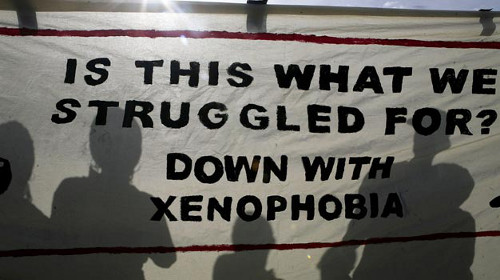
Akin to the definition of Xenophobia, (‘fear and hatred of strangers or foreigners or of anything that is strange or foreign’), a ‘fear or hatred of unknown’ was credited to be one of the most prevailing factors behind these hostile anti-foreign sentiments. “What are you doing here”, “Why did you come here? To steal our jobs?” and “Go back to your home country” recur as some of the most frequent verbal assaults faced by the respondents and point to the lack of understanding of the living conditions of migrants and refugees both back home and in South Africa, causing resentment among the local inhabitants. Much of the communication between locals and foreigners takes place in business and working environments. Only a minority of the respondents had close South African friends. The majority of respondents felt more comfortable associating with people from their own or other migrant communities. Language barriers and negative past experiences prevent many foreigners from making closer connections with South Africans at present. They felt that associating with locals raises eyebrows and causes unnecessary ‘talk’ in the neighbourhood, potentially causing further harm to both parties.
“You can be friends with a friend, someone who’s from here, but there’s still this feeling of it… if I… if I go visit my friend’s house, her family’s not gonna like it, they will put me down because that’s the way we’ve been treated. Some of us are still being treated like that today, so it’s on our minds. It’s difficult to get away, so that feeling is still there.” (Female respondent, DRC)
Encouraging community dialogue
Many respondents supported the idea of increasing community dialogue between the local and migrant populations. It was noted that raising awareness, about the circumstances that force people to flee their countries as refugees and look for better living conditions as migrants, has the potential to decrease mistrust and hostile sentiments from locals. In addition, increasing South Africans’ understanding of refugee rights was believed to help in reducing misconceptions related to refugees’ rights to work, study and receive social grants.
While the respondents recounted never having participated in (or even hearing of) community dialogues, workshops or other activities involving both local and migrant populations, they would be willing to participate in such exchanges and believed the local population would do the same as long as the benefits of participating in the activities would be clear to all participants. Through its Refugee and Health Rights programme, Sonke Gender Justice seeks to alleviate some of the tension and hostility between South Africans and foreigners by providing a space for exchange and learning. For example, on Heritage Day, Sonke and its partners hosted a sports event which brought together men and women of different nationalities to play in a soccer tournament, with the aim of finding common ground. The event demonstrated the potential that we all possess to live peacefully, and in safety, despite our differences and diversity.

